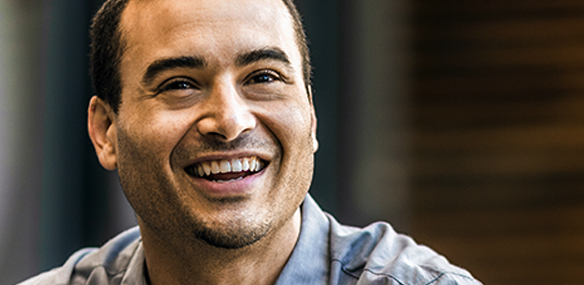Urological disorders can develop in men, women and children of all ages — some as early as birth — and interfere with your urinary tract or reproductive system. Although it’s not often talked about, these conditions are very common: millions of Americans develop one within their lifetime.
Across the Sutter Health network, experts treat patients with urological conditions including:
- Benign Prostatic Hyperplasia (BPH)
- Bladder, Kidney, Prostate and Testicular Cancer
- Erectile Dysfunction (ED)
- Hematuria
- Hydronephrosis
- Hypospadias
- Kidney Stones
- Painful Bladder Syndrome
- Pelvic Disorders
- Swollen Prostate
- Urethral Stricture
- Urinary Incontinence
- Urinary Tract Infections (UTIs)
- Uterine Prolapse
Some Sutter Health hospitals also offer gender affirmation surgery for those 18 and older who want to complete their gender transition.
Urology specialists provide comprehensive and compassionate care that starts with advanced diagnostic tests to identify the source of your disorder and culminates in an effective treatment plan to help you start to heal.
We offer the latest in treatment options and techniques, including minimally invasive procedures that will reduce your pain, scarring and recovery time. Experienced surgical teams use state-of-the-art operating suites and special equipment to give you the best possible outcome.
In fact, our use of robotic surgery, including the da Vinci® Surgical System has made it possible to offer alternatives to traditional open surgery for urological conditions such as prostate cancer and kidney tumors.
We also offer a variety of educational opportunities and support services to help you connect with other patients facing similar health concerns and challenges, as well as specialized physical therapy to improve your overall health.












